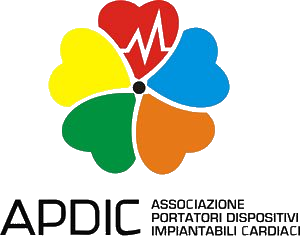The ablative therapy in Atrial Fibrillation: is the treatment better than the disease?

The ablative therapy in Atrial Fibrillation: is the treatment better than the disease?
Atrial Fibrillation Catheter Ablation Versus Surgical Ablation Treatment (FAST): A 2-Center Randomized Clinical Trial. Boersma LV, Castella M, van Boven W, Berruezo A, Yilmaz A, Nadal M, Sandoval E, Calvo N, Brugada J, Kelder J, Wijffels M, Mont L. Circulation.
2011 Nov 14. [Epub ahead of print]
The FAST study (transcatheter ablation with respect to surgical ablation) is the first randomized study to compare these two methods, which are extremely different in terms of their degree of invasiveness and complexity.
The study evaluated these 2 approaches in 124 patients with Atrial, paroxysmal or persistent Fibrillation with poor responsiveness to medical therapy. Patients were nominated based on: left atrial dilatation 40–44mm associated with history of Arterial Hypertension, left atrial dilation ≥ 45mm, or a previous unfavorable trans catheter ablation. Subjects with Atrial Fibrillation longer than 1 year or permanent were excluded, those with previous stroke or arterial embolism, and those with significant valvular disease. Surgical ablation was higher than the catheter transplantation: 12 months after 66% intervention compared to 37% of patients were free from atrial fibrillation.
However, adverse events were greater in patients treated surgically: 34.4% compared to 15.9%. Postoperative adverse events in the surgically treated group include: pneumothorax, hemothorax, need for pacemaker implantation. In the long term adverse events were slightly higher in the transcatheter group (12.6% vs. 11.5%; p = 1), including also stroke and death. From today we have more information on the advantages of these ablative modalities, but a central question remains: is the treatment really superior to the disease?
